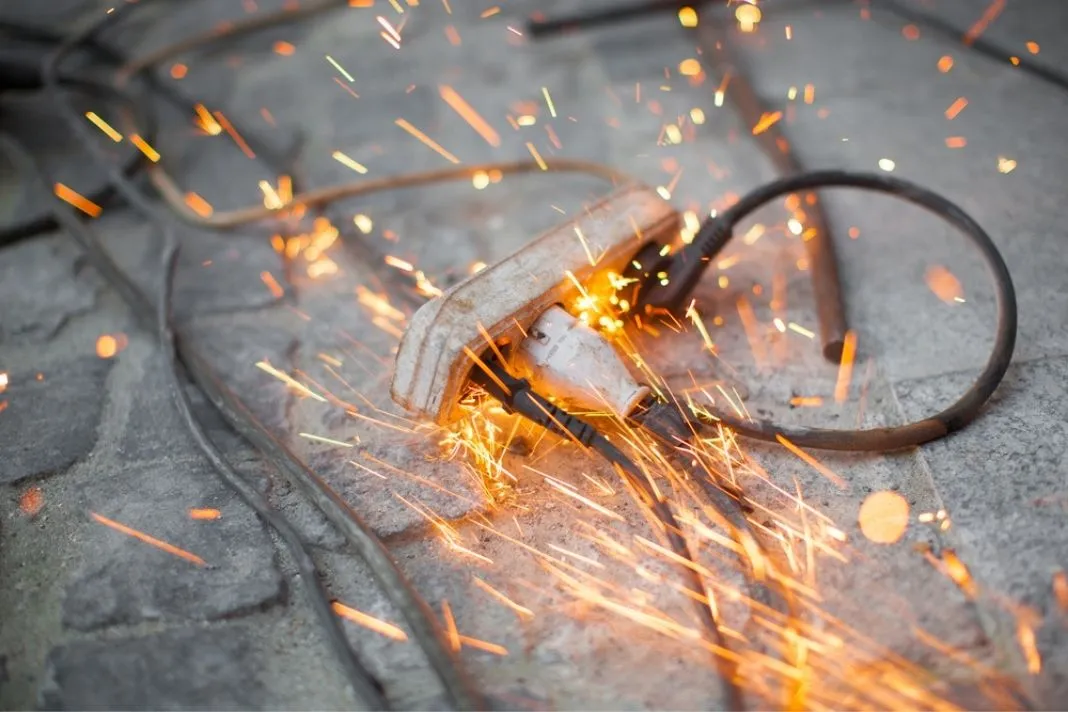Today, the world operates on electricity. In fact, without a second thought, commercial electricity consumption increases with the introduction of newer technology every day. Our life depends upon it. From Air conditioning and heating to production and supplies, the whole process of manufacturing goods and services involves the constant supply of electricity.
The world's electricity consumption amounted to approximately 23,398 billion kilowatt-hours, and with that, there were 166 electrical fatalities in 2019 and approximately 1,900 nonfatal electrical injuries. Therefore, the electrical instruments in the office can potentially harm anybody if they are mishandled or not taken proper care of.
Ever wondered why do humans get current?
The human body is a good source of electricity; this explains the phrase, shivers down the spine. Jokes apart, if our body comes in contact with the open current, then it will get a shock. Our body is not immune to electricity, so when the current passes from one point to another, it causes pain, burns, damage to the tissues, nerves and muscles, sometimes leading to death.
What are the most common injuries in the workplace?
Faulty wiring:
Flickering of lights or frequently blown breakers, then faulty wiring may be the reason.
Excessive use of extension boards:
When connecting appliances use more Watts than the chord can handle, extension cords can result in overheating and fires if not used properly.
Poorly maintained electrical equipment.
If the electrical equipment is not maintained, cleaned or stored properly, it can gather dust, grease or debris over time.
Wrong usage of electrical replacement fuses:
If the fuse is used with the wrong amperage, it will not blow the way it should and might damage the circuit.
Overheated outlets:
When the outlet is struggling to provide electricity to the plugged-in appliances, it might become hot and overworked; this can cause up to heat on the touch.
Any water source very near to the electrical equipment:
When inappropriate electrical equipment is placed near the water source, it might lead to serious injuries since water is a good conductor of electricity.
How can you prevent workplace electrical incidents!
- Unplug the appliances while you're cleaning or serving them.
- Use only those electrical equipment approved by the national testing laboratory. The trusted electrical liquidators sell good quality supply materials.
- Use and identify the workplace electrical warning signs. Proper employee training is important to avoid electrical injuries at work. Electrical safety signs and labels provide important information for employees and visitors to help prevent workplace electrical injuries,
- Do not forcefully plug into any outlet if it's not fitting in.
- If your equipment heats up or makes weird noises, do not ignore these warning signs. Instead, immediately send them out for servicing.
- Check for any defaults in the cords and equipment; report if you find any.
- Never forcefully pull the cord from a distance; slowly grip and pull when you are unplugging the cord.
- Avoid using electrical appliances with wet hands or near wet surfaces.

Conclusion:
Sometimes, circumstances can be inevitable. Despite taking all precautions necessary, your facility might still not be so immune to electrical hazards. When you make hazard warning signs a part of your facility, you take additional measures to keep safe.
The signs include Shock Hazard Warning Safety Sign, Risk Of Electric Shock Warning Safety Sign, Electric Fence Caution Safety Sign, Electric Fence Danger Safety Sign, and more. The safety signs are easy to install and are made from durable material.
Any casualties can lead to heavy loss and liability for the organisation. So it's always better to prevent such accidents and ensure the smooth running of the business in the long run.





